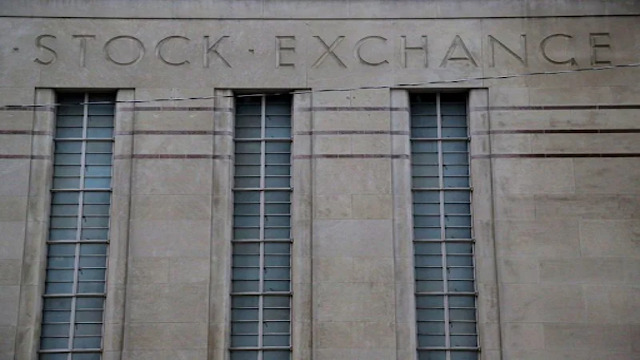
David Rosenberg suggests that Bank of Canada Governor Tiff Macklem should lower interest rates more to boost the economy. (Photo: TONY CALDWELL/Postmedia)
Despite two recent rate cuts by the Bank of Canada, David Rosenberg argues that the central bank remains significantly behind in its monetary policy. Rosenberg points out that if the Bank of Canada had the dual mandate of the U.S. Federal Reserve, it might have accelerated its rate cuts. The central bank's aggressive interest rate hikes from 2022 to 2023 were seen as an overreaction to a single month of high inflation.
Recent data for July showed a modest 0.3 percent rise in consumer prices, largely driven by higher gasoline costs. While this is not alarming, it indicates that the broader inflation trend is improving. However, Rosenberg believes that the central bank is merely correcting the previous over-tightening, and we are still about 175 basis points away from a level that would genuinely stimulate the economy.
The consumer price index (CPI) year-on-year increased by 2.5 percent in July, down from 2.7 percent in June. Notable improvements include a decrease in the CPI-trim inflation rate to 2.7 percent from 2.8 percent and a decline in the CPI-median to 2.4 percent from 2.6 percent. The "common component" of core inflation also eased for the 11th consecutive month, falling to 2.2 percent from 2.3 percent in June. This metric is now at its lowest since April 2021, returning to pre-pandemic levels.
Additionally, core inflation excluding food and energy remained low at 0.2 percent for the second month in a row. The annual trend for this metric fell from 2.9 percent in June to 2.7 percent in July. The CPIX metric, which excludes the most volatile components, eased to 1.7 percent from 1.9 percent, indicating inflation is below the Bank of Canada's target range.
A notable concern for inflation-watchers has been the shelter component, which saw only a 0.2 percent increase last month. This marks the smallest rise in nearly 18 months, reflecting the impact of previous rate hikes on the housing market. Despite this, inflation in the broader economy remains subdued at 1.2 percent when excluding shelter costs.
On the employment front, Canada's job market showed signs of strain. Employment fell by 2,800 in July, contrary to the expected increase of 25,000. This decline followed a drop of 1,400 in June, with a significant 42,000 drop in private-sector jobs. Despite a rise in public-sector employment, the overall employment situation remains weak. The unemployment rate held steady at 6.4 percent, partly due to a decrease in the labour force participation rate to a three-year low of 65 percent.
The employment-to-population ratio also dropped for the third consecutive month to 60.9 percent, marking the lowest rate since August 2021. The broadest measure of unemployment, the R8 metric, climbed to 8.6 percent, indicating a rise in idle labour.
Rosenberg concludes that despite the Bank of Canada’s recent rate cuts, further reductions are necessary. The central bank needs to align its policy rate with underlying inflation, suggesting that the policy rate should be reduced to at least the midpoint of a neutral range, currently 2.75 percent. With ongoing recessionary pressures and easing inflation, more rate cuts seem likely as the Bank of Canada continues to navigate its policy adjustments.














